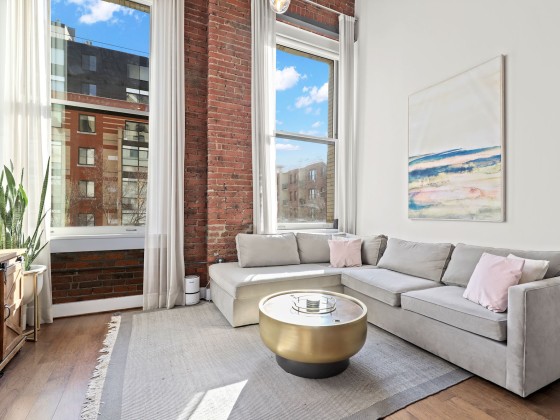 First-Timer Primer: A Condo Fee Tutorial
First-Timer Primer: A Condo Fee Tutorial
✉️ Want to forward this article? Click here.
When searching for a condo or co-op, one of the first things buyers look at are the monthly fees. High fees can be a turn-off, but they can also be an indication that a building is in good financial health.
In addition to amenities, condo fees typically cover payments for a reserve fund (a fund for major building repairs or improvements), a master insurance policy, maintenance, trash removal and utilities like water. Older buildings and those that offer a number of services and amenities tend to have higher fees. Condo fees for smaller, self-managed buildings tend to be lower.
story continues below
loading...story continues above
How much fees will rise over time is a difficult question to answer, as it is largely up to the building's condo board. For example, there is a four-unit rowhouse conversion in Logan Circle where the condo fees have remained the same for the last five years. In contrast, there is a larger building in Woodley Park where the board mandates that the fees increase 5 percent annually.
In trying to determine whether or not your fees are justified, consider factors like the age of the building; an older building likely has to maintain more outdated features and systems, and could have a higher fee that a new building with energy-efficient features. Bigger buildings often come with more shared space and more involved features, so a higher condo fee may be justified. And of course, condos with doormen, yoga rooms, lounges outfitted with giant TVs, and extensive gyms are likely to have correspondingly high monthly fees.
Beyond the monthly fees, when you are looking at a condo it's a good idea to spend some time investigating the building and its financial history. During the condo document review period, potential buyers should take a close look at the financial statements and budget of the condo, as well as attempt to find out when the last time big capital improvements, like roof replacement, were completed. Some real estate agents also suggest speaking with a current condo board member to determine exactly what is planned for the building in the near future, and if the reserves will cover the costs.
See other articles related to: condo fees, dclofts, first-timer primer
This article originally published at http://dc.urbanturf.production.logicbrush.com/articles/blog/first-timer_primer_a_condo_fee_tutorial/6802.
Most Popular... This Week • Last 30 Days • Ever
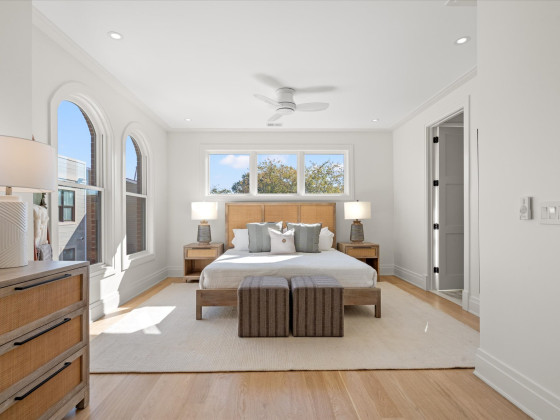
Brooks Estate will deliver in late February and is currently offering incredible ince... read »

The mortgage interest deduction allows homeowners who itemize their taxes to reduce t... read »
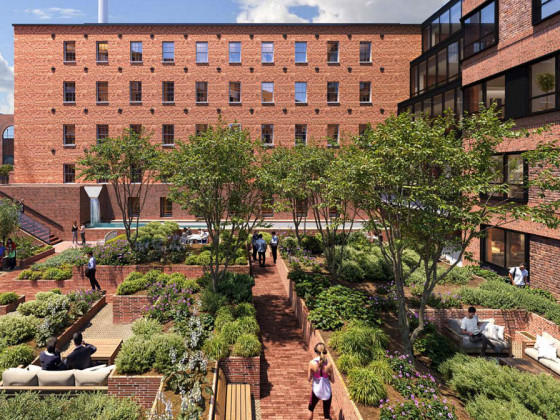
Georgetown is one of the busiest neighborhoods for development in the city.... read »
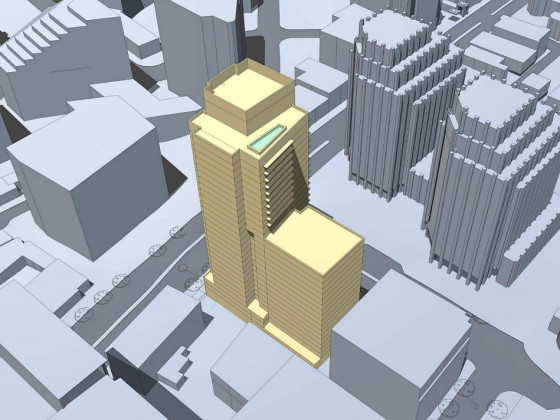
The large-scale residential development will head to before the Montgomery County Dev... read »
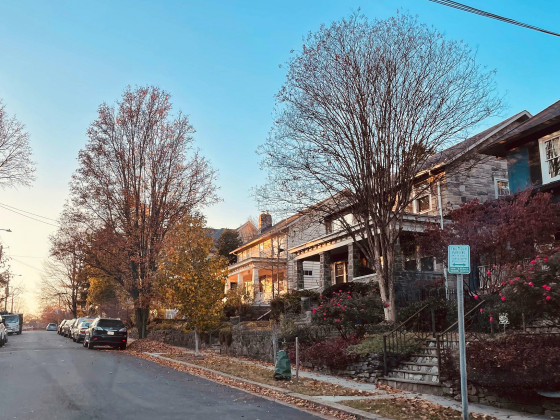
Leading the way is the 20015 zip code where almost half of homeowners are considered ... read »
- Just Two Townhomes Remain in Phase One of Old Town Alexandria's Newest Luxury Development
- How Does The Mortgage Interest Deduction Work?
- Hotels, Heating Plants & Conversions: The 10 Big Projects In The Works In Georgetown
- 29-Story, 420-Unit Development Pitched For Bethesda Moves Forward
- New Report Looks At Where Owners Are House Rich In DC
DC Real Estate Guides
Short guides to navigating the DC-area real estate market
We've collected all our helpful guides for buying, selling and renting in and around Washington, DC in one place. Start browsing below!
First-Timer Primers
Intro guides for first-time home buyers
Unique Spaces
Awesome and unusual real estate from across the DC Metro







